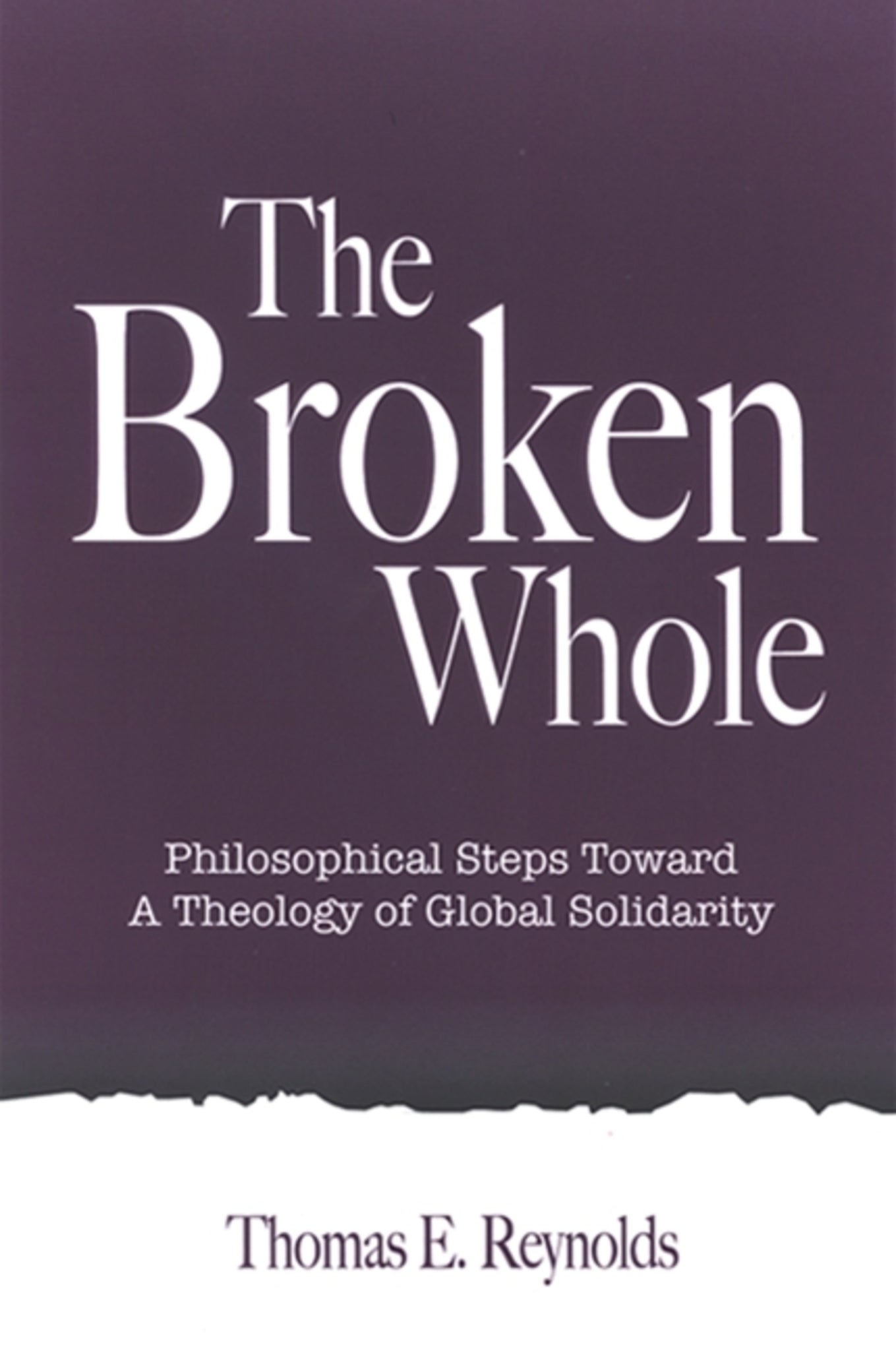We're sorry. An error has occurred
Please cancel or retry.
The Broken Whole

Some error occured while loading the Quick View. Please close the Quick View and try reloading the page.
Couldn't load pickup availability
- Format:
-
17 November 2005

Considers the problem of pluralism and offers a vision of human solidarity for the postmodern era.
In an increasingly precarious global situation, and in light of the postmodern emphasis on difference, efforts to grasp the "whole" as something universally shared by all human beings have fallen short, according to Thomas E. Reynolds. In this book, he explores the philosophical and theological significance of the problem of pluralism and asserts that the shared resources of the world's religious traditions can be used to cultivate peace and solidarity across diverse boundaries. He engages a range of philosophical thinkers-such as Gadamer, Marcel, Rorty, Foucault, Levinas, Derrida, and Habermas-and brings them into conversation with contemporary theologians and writers in religious studies. Presenting a vision of solidarity that is both religiously charged and philosophically astute, The Broken Whole outlines an inventive approach toward retrieving the relevance of God-talk, an approach rooted in a philosophy of dialogue and cross-cultural hospitality.


Acknowledgments
Introduction
1. Plurality and Historical Consciousness: From Heteronomous Belonging to a Traditioned Belonging to History
2. Pluralistic Consciousness: From Historical Belonging to the Challenge of Radical Contingency and Difference
3. Dwelling Together: Identity, Difference, and Relation
4. Dialectical Pluralism: Truth, the Other, and the Praxis of Solidarity
5. The Transcendent Grammar of Presence and the Religious Sensibility
6. Making the Difference: Rethinking Religious Pluralism in Local and Universal Horizons
Notes
Index



